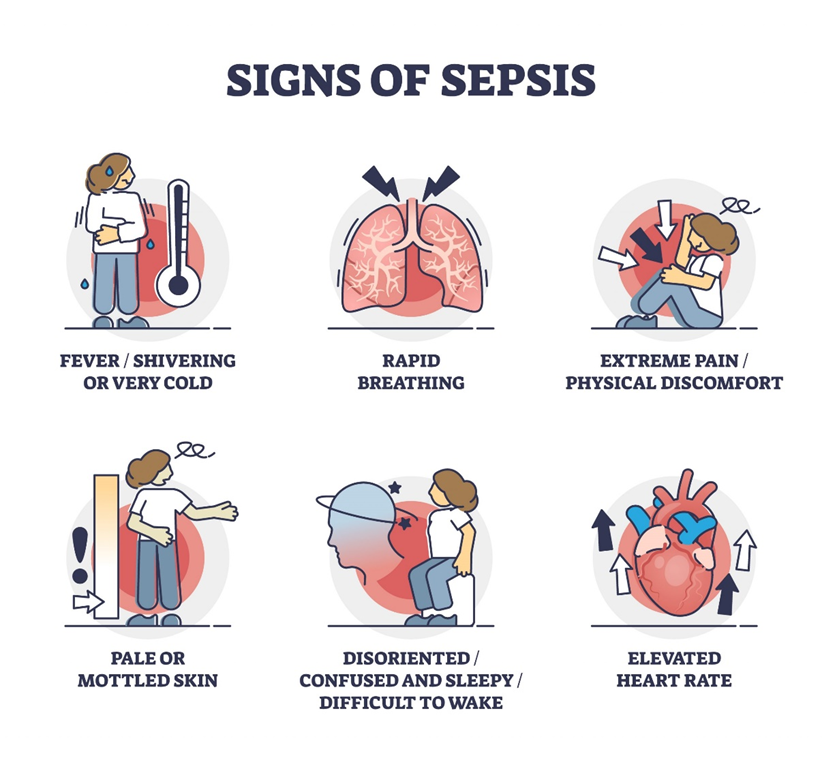The nurse is providing education to the client with Parkinson's disease and their family. The nurse understands that teaching has not been effective when the client makes which of the following statements?
"I can sit down to put on my pants and shoes."
"I try to exercise every day and rest when I am tired."
"I do not need to use my walker to go to the bathroom."
"My son removed all the loose rugs from the house."
The Correct Answer is C
Choice A reason: The statement about being able to sit down to put on pants and shoes indicates that the client is implementing safety measures to prevent falls, which is a positive outcome of effective teaching.
Choice B reason: Exercising daily and resting when tired is an appropriate strategy for managing Parkinson's disease symptoms, suggesting that the client has understood the education provided.
Choice C reason: The statement about not needing a walker could indicate a lack of understanding of the importance of mobility aids in preventing falls, which is a concern for clients with Parkinson's disease.
Choice D reason: Removing loose rugs from the house is a preventive measure to reduce fall risk, indicating that the client and family have understood and applied the education.
Nursing Test Bank
Naxlex Comprehensive Predictor Exams
Related Questions
Correct Answer is ["A","C","D"]
Explanation
Choice A reason: Monitoring platelet count is important in sepsis as thrombocytopenia can occur due to disseminated intravascular coagulation (DIC).
Choice B reason: Urine specific gravity is not typically monitored for sepsis unless there is a concern for renal function or fluid balance.
Choice C reason: Lactate levels are monitored in sepsis to assess the severity of septic shock and tissue hypoperfusion.
Choice D reason: PaO2 is monitored to assess oxygenation status, which can be compromised in sepsis due to respiratory dysfunction.
Choice E reason: Serum ammonia is not typically monitored for sepsis unless there is a concern for hepatic function or encephalopathy.

Correct Answer is ["A","D"]
Explanation
Choice A reason: Resting tremor is a classic symptom of Parkinson's disease and is one of the primary diagnostic criteria.
Choice B reason : Limited range of motion is not specific to Parkinson's disease and can be caused by various conditions.
Choice C reason : Hypertension is not a diagnostic criterion for Parkinson's disease.
Choice D reason : Difficulty rising to stand is associated with the bradykinesia seen in Parkinson's disease, making it a relevant symptom for diagnosis.
Choice E reason : Diarrhea is not typically associated with Parkinson's disease and is not a diagnostic criterion.
Whether you are a student looking to ace your exams or a practicing nurse seeking to enhance your expertise , our nursing education contents will empower you with the confidence and competence to make a difference in the lives of patients and become a respected leader in the healthcare field.
Visit Naxlex, invest in your future and unlock endless possibilities with our unparalleled nursing education contents today
Report Wrong Answer on the Current Question
Do you disagree with the answer? If yes, what is your expected answer? Explain.
Kindly be descriptive with the issue you are facing.
